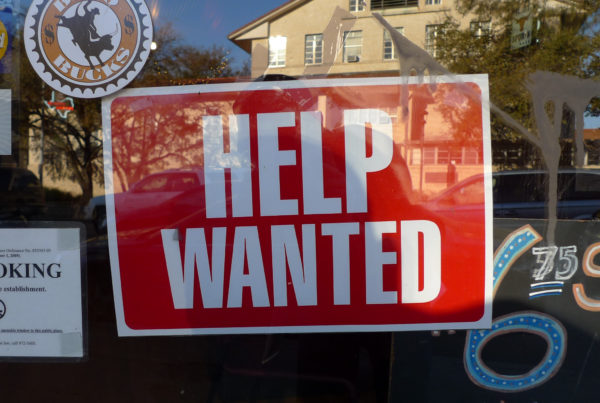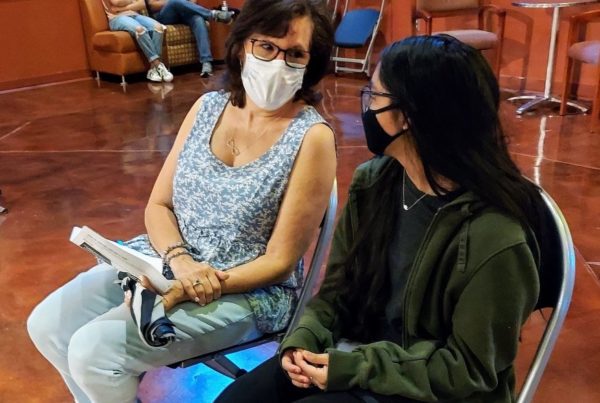From KERA North Texas:
Troy Finner, a 30-year veteran of the Houston Police Department, became HPD’s new leader this April. That makes Finner the fourth new big-city police chief appointed in Texas since January. Finner was preceded by Al Jones in Arlington, Eddie Garcia in Dallas and Neil Noakes in Fort Worth.
At his swearing-in ceremony, Finner told members of the press he felt like “the most blessed man in this world right now.”
But after spending a couple of minutes thanking God, his family, the citizens of Houston and the city’s leadership for the opportunity, Finner cut his speech short saying that Mayor Sylvester Turner told him before the ceremony that he ‘didn’t want a long press conference today.’















